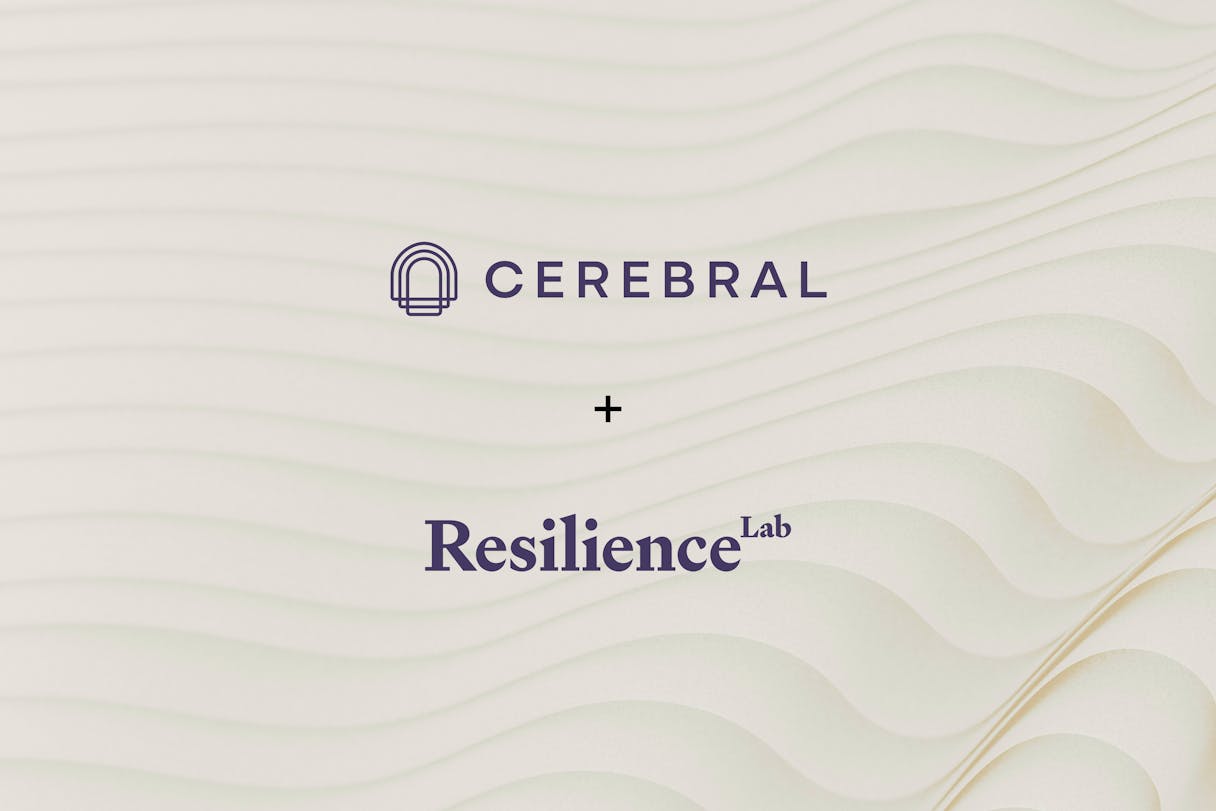Browse Therapists Specializing in Trauma and Abuse in Mobile, Alabama
There is 1 Cerebral therapist who specializes in Trauma and Abuse serving Mobile, Alabama
Are you covered by insurance?
We work with a select group of insurance providers to help cover the cost of your services. Check to see if you can save with insurance.

Our Care: The Resilience Methodology

A New Era of Mental Healthcare: How Cerebral Is Expanding High-Quality, Personalized Care

6 Self-Care Tips for Stress and Burnout Recovery
Finding the right
therapist for you...
Finding the right therapist for you...
Cerebral therapists come from a range of backgrounds and have different approaches to treatment. You can find someone who matches your preferences, such as ethnicity, gender, specialties such as LGBTQIA+ and more.
Learn more about therapyHow do I choose the right therapist for me?
Start by clarifying your specific therapy goals, be it addressing anxiety, relationship issues, or personal growth. Research therapists' credentials, specialties, and treatment approaches to find a match that aligns with your needs. When meeting with a therapist, trust your instincts and prioritize a strong therapeutic connection with someone you feel comfortable talking to. Additionally, consider practical factors such as location and fees to ensure that logistical considerations align seamlessly with your emotional and therapeutic needs throughout your mental health journey.
How does working with a therapist on Cerebral work?
At Cerebral, therapy begins with understanding your mental health goals and preferences so we can help you select the right therapist for you. In your initial sessions, you and your chosen therapist will exchange information, discuss their approach to care, and outline a treatment roadmap with realistic milestones so you know what to expect. In weekly meetings, your therapist will work with you to overcome your mental health challenges. Cerebral's flexible scheduling options, including online video chat or phone sessions, ensure convenient access to therapy that fits your lifestyle, with many therapists available throughout the week, including days, nights, and weekends.
What are the options for therapy - traditional or online?
You can opt for traditional face-to-face therapy or choose the convenience of online therapy. Online therapy is increasingly popular due to its accessibility and effectiveness, especially for issues like depression and anxiety. Studies show that online therapy is just as effective at treating depression and anxiety as in-person therapy.
What questions should I ask myself when looking for a therapist?
Questions you should ask yourself include:
- What issues do I want to address?
- What therapy experience am I looking for?
- How far can I travel to see a therapist?
- Am I only interested in finding a mental health therapist near me?
- What’s my budget?
What are the types of therapy?
There are multiple types of therapy, including:
- Cognitive behavioral therapy (CBT)
- Behavioral therapy
- Humanistic therapy
What types of therapists are there?
There are different types of therapists with different kinds of credentials, specialties, and years of experience. Once a therapist completes their education, they’re required to pass a clinical exam and counsel under the supervision of a licensed therapist. This lasts for at least two years and at least 3,000 client contact hours.
Where can I find a therapist?
The following websites have online databases that can help you find a therapist:
Therapy Directory Psychology Today
Association for Behavioral and Cognitive Therapies
Recommendations or Referrals
Your primary care physician or psychiatrist can help refer you to a reputable mental health professional. If you have a friend or family member who has experience with therapy, you could ask them if they have any recommendations for a good therapist. Their therapist may also have a list of recommendations for other therapists you could consider.
How can Cerebral help in finding a therapist?
Cerebral provides access to a deep, diverse pool of therapists who have the experience to help you reach your mental health goals. Plus, we allow you to switch therapists for any reason, at any time if you so choose. All of our plans are affordable, insurance-free, and FSA/HSA eligible, so you can get started in no time. Click to see therapists in your area.